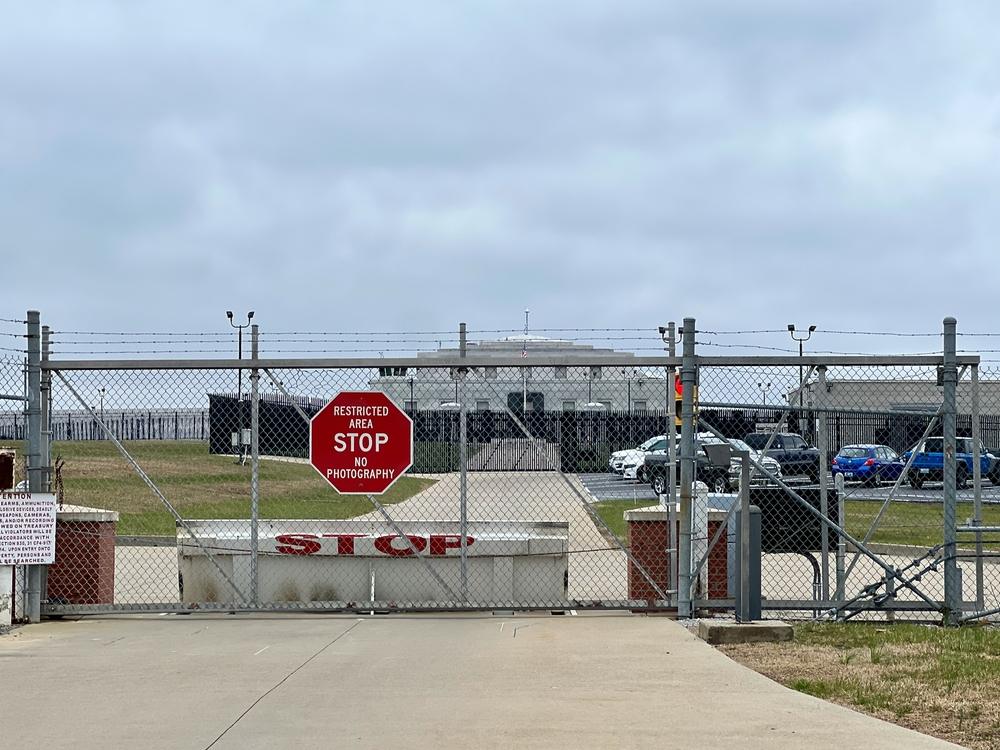
Homeowners in one Midwest state now have to get a permit from the Environmental Protection Agency if they want to install a septic system, a regulation that involves paperwork, government oversight and potentially hundreds of dollars – and it’s not the only state with a permit system.
As of Feb. 10, homeowners in Illinois must get what is called a “general permit” to install a septic tank, the EPA told Off The Grid News. The new regulation will affect any septic system that could discharge water that potentially would end up in a stream, contractor Joe Dreyer told The Quincy Herald-Whig. Dreyer said the regulations even will affect septic systems that empty into a dry creek bed that is miles away from a larger body of water.
The EPA website says the new regulation “sets discharge limits and requires periodic inspection, monitoring and reporting” by the government so as to comply with the Clean Water Act. In determining whether a septic tank permit is required, the EPA said homeowners should ask: Would water in my ditch end up in a stream?
Previously, only commercial buildings required such a permit.
“What’s happened is that they’re trying to do away with surface discharge, because (the EPA is) saying it’s polluting our waters,” Dreyer said. “What the EPA tries to say is if we get a six-inch rain, it’s going to reach waters of the United States, but it’s going to be so diluted that it doesn’t really matter.”
Cost of a Septic System Will Increase
The EPA could not tell Off The Grid News how many other states have similar restrictions, although at least one – Ohio – does. In that state, the agency serves in more of a “guidance” role as the state itself issues the permits, the EPA said. One in four homes in the US has a septic tank.
The septic tanks that are the target of the EPA empty liquids into the ground. Residents could avoid EPA hassle by getting a non-discharge system that is fully contained, but they cost 25-30 percent more, Dreyer said. It’s also possible the EPA will require such an expensive system.
Another way the regulations will increase costs is by mandating soil and chemical testing that will cost hundreds of dollars in expense even before a permit is considered, Dreyer said.
The regulations only affect those constructing new homes but could eventually impact anyone replacing a septic tank.
Tony Dede of the Adams County (Illinois) Health Department told the newspaper the mandate requires news homes to follow the same standards previously imposed on large commercial buildings and apartment houses.
“If anybody is building a house, I recommend they call us first before scooping up a single shovel of dirt,” Dede said.
Regulations will Affect All Septic Systems at Some Point
The regulations will eventually impact owners of existing homes, when they repair or replace septic tanks.
“If you already have a home that’s on a septic system, protect it at all costs,” Dede advised homeowners. “Do every bit of maintenance that you can to keep the system in the best shape possible.”
Sign up for Off The Grid News’ weekly email and stay informed about the issues important to you












